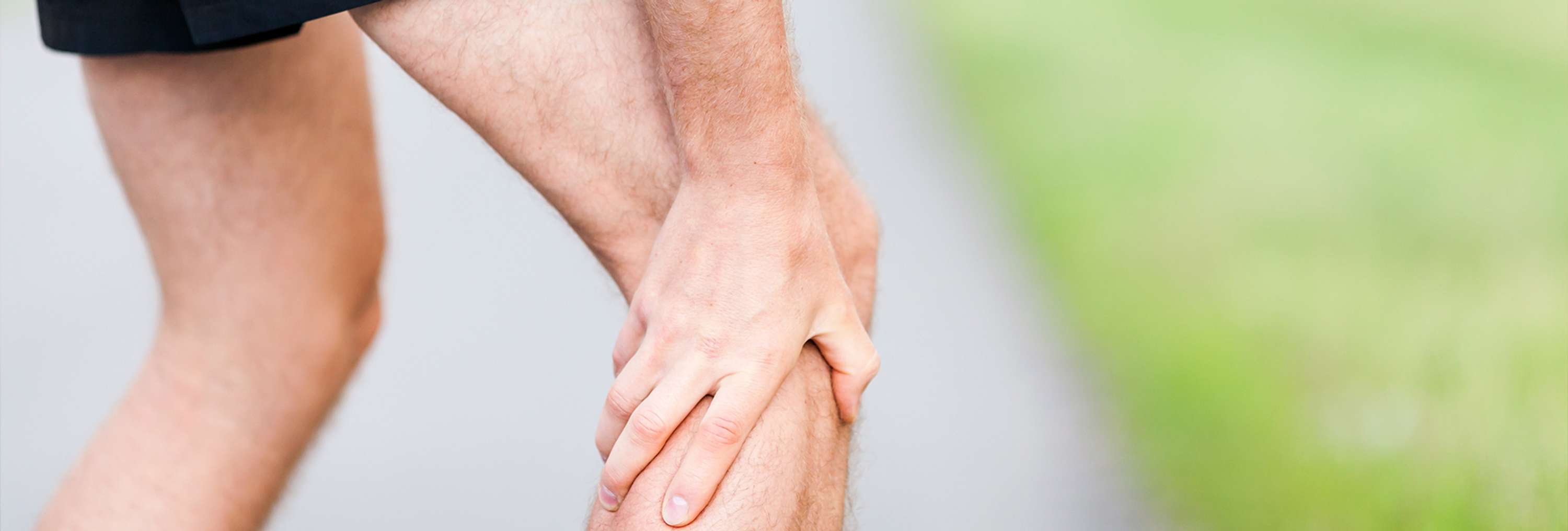An autoimmune disorder known as weak knees causes inflammation and pain in the knees. Weak knees are harrowing and debilitating conditions. Weak knees are often described as tingling or burning. Weak knees are more common in women than men and usually develop between the ages of 20 and 50. The prevalence of weak knees is about 1%.
The exact cause of weak knees is unknown, but many conditions could result in weak knees. If a person suffers from inflammation, then they may also face swelling in the knees and difficulty standing or walking. It is also common for people with weak knees to experience fatigue, fever and weight loss. If you find that you may have weak knees, it is essential to visit a doctor for proper diagnosis and treatment. It is possible to prevent further harm to the knees if the condition is diagnosed and treated in the beginning. There are treatments that can reduce the inflammation and pain associated with the condition.
Signs Showing You Have Weak Knees
Weak knees generally show symptoms of pain and weakness in the knees. Some underlying pathological disorders may cause loss of muscle strength. However, symptoms may also vary depending on the source of pain. Several common symptoms of weak knees are as follows
Redness-bruising and redness around knees
Cracking sound-During bending or knee movements
Pain in the knees that becomes severe while moving
Inflammation-Swelling in one or both knees as excess fluid gathers in the knees
Freezing-knees get frozen or locked for a notable period
Possible Causes of Weak Knees
Common causes of weak knees are
Moreover, other mechanical sources leading to weak knees are: Knee joints are composed of ligaments like the Anterior and posterior cruciate and medial and lateral collaterals. Any injuries, including road accidents and sudden shock, may cause different types of damage in the knee area. The most prominent types include meniscus tears, ACL tears and loose bodies. These injuries may lead to instability in knee muscles.
Inflammation in the knees as a result of autoimmune disorders like osteoarthritis or rheumatoid arthritis affects both knees. The knees not only become weak but also painful and get locked. Certain medications and physical therapies may contribute to managing knee weakness due to autoimmune disorders.
The primary functioning nerve in the legs is the femoral nerve. Femoral neuropathy involves dysfunctioning of the femoral nerve, leading to weakness, tingling and numbness in the lower thighs. Such symptoms are reduced by managing femoral compression through medications and lifestyle modifications.
Plica syndrome causes swelling in the plica membrane, the layer in between knee joints. Plica syndrome is identified by clicking sounds in the knees. This inflammation may be a result of any injury or accident. However, surgical treatments may be suggested for the removal of inflamed plica layers.
Specific treatment plans for medical complications cause weak knees due to the side effects of a few medications. These medications include corticosteroids, botulinum toxin and organophosphate poisoning.
Weak knees may be treated depending on the actual causes. Healthcare experts at pain and spine clinics recommend both conventional and surgical approaches for the management of pain and other symptoms. Moreover, physical therapists suggest some customized exercises keeping in mind the weight-bearing capability and stability of knee muscles.
Best Exercises for Weak Knees
The physiotherapists at the pain management in Dallas customize the exercises that not only improve muscle weakness but also make the cartilage healthy. These exercises include: Gently increase the repetitive sets of these exercises and try to avoid stressful activities.
Treatment for Weak Knees
Weak knees may be managed at home by following certain lifestyle modifications, like wearing braces that help in the stabilization of knee joints. Moreover, tissues and ligaments are adequately healed through braces. Exercises including knee flexion, extension, and swimming may be practiced in routine life. A diet plan, including fruits and vegetables that reduce inflammation, is one of the easiest methods for inflammatory conditions. Adding more, a regular walk may also facilitate managing the symptoms.
Suppose you encounter any sudden incident like a road accident or trauma. In that case, the RICE techniques, including rest, icing, compression and elevating knee joints, may prevent any complications from occurring before consulting the experts.
If the condition is worse, then surgical procedures like arthroscopy or joint replacement may be performed for permanent elimination of pain and strengthening of weak knees.
Final Thoughts
Exercise can be an effective way to maintain knee strength and prevent injuries. Treatment often involves physical therapy, medication, and lifestyle modifications. Exercises are non-invasive and may benefit the body. A weak knee can also result from muscle strains, sprains, and osteoarthritis. Additionally, prolonged sitting with bent knees and sports such as running, skipping, and jogging on hills can aggravate the condition. If symptoms become severe, arthroscopy, osteotomy, or joint replacement may be necessary. You should always consult a physician before engaging yourself in an exercise program or self-treating this condition.


